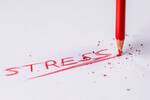Editor's note: This piece discusses mental health issues. If you have experienced suicidal thoughts or have lost someone to suicide and want to seek help, you can contact the Crisis Text Line by texting "START" to 741-741 or call the Suicide Prevention Lifeline at 800-273-8255.
There are days when everything feels off, but you can’t explain why. You might feel tired, disconnected, or overwhelmed even when things seem “fine.” You push through, hoping it passes. But sometimes, those feelings stick around longer than expected. That’s when it might be time to pause and look closely at what’s really happening.
In Georgia, mental health struggles are more common than most people realize. Stress, anxiety, and depression affect thousands every year. While many continue to live with these feelings in silence, more individuals are now taking steps to seek help. Yet, others hesitate—unsure if they’re “bad enough” to reach out. This article will help you spot signs that shouldn’t be ignored and show you where to start.
- You’re Constantly Overwhelmed or Anxious






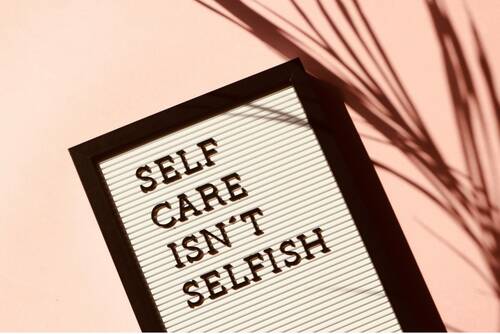






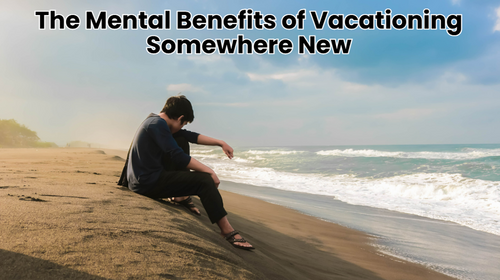
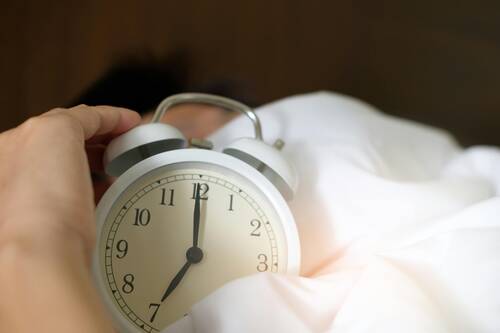






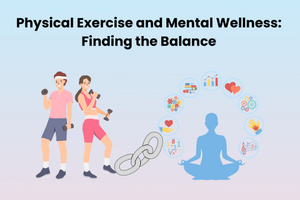

 Stress in the workplace is the body's response to the demands and pressures encountered in professional situations. It can manifest as acute stress, which is short-term and often related to specific events, or chronic stress, which persists over a long period due to ongoing challenges.
Stress in the workplace is the body's response to the demands and pressures encountered in professional situations. It can manifest as acute stress, which is short-term and often related to specific events, or chronic stress, which persists over a long period due to ongoing challenges. 


